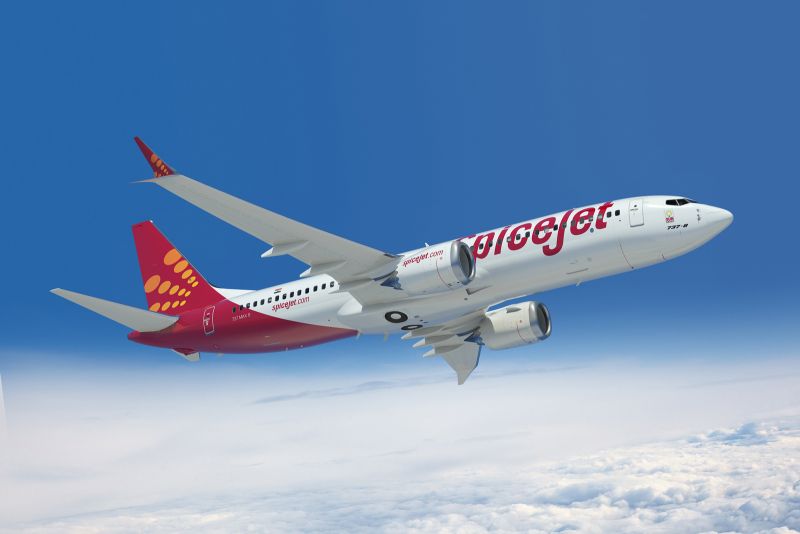
India low-cost carrier Spice jet readies itself into India's highly competitive retails segment with future plans to introduce its own network of physical stores, online e-tail gateways, and in-flight merchandise, with consumer goods including fashion products, gadgets, and electronic items eventually, food.
The company plans to sell its own brand of products via outsourcing through hundred of vendors across the country & overseas, says inside sources. A chain of brands has been created defining each product category under the brand name "SPICE", which is in its final stage.
A Separate arm of the Airline is being set up to cater the needs of the Retail venture, which will be handled completely by a different team maintaining an appropriate distance from the Airline's operations. The Retail venture's formal announcement is yet to be awaited. The physical stores will be set up by the company, owned and managed completely by the company, selling products under one brand name.
The online stores will follow the functioning on "e-tail" principles, where the company will be selling products directly to consumers through a dedicated portal. The airline's online retail store will be functioning and offer its own brand of televisions across multiple price ranges.
Under current norms, India doesn’t allow FDI in retail e-commerce but allows it in marketplaces. Several Indian companies such as Flipkart have moved to a marketplace model to avoid flouting norms.The airline was on the verge of shutting down in 2015, canceling thousands of flights, defaulting on payments to oil firms, airports, vendors, and lessors.
Under current FDI norms in retail e-commerce, FDI in e-commerce is not allowed. Many Indian companies like Flipkart are shifting to a marketplace model to avoid policy conflicts. The low-cost airline was on the verge of bankruptcy, but due to change in top management and transfer of ownership to the current owner Ajay Singh it got saved.
SpiceJet's retail penetration plan came at government's policy examinations to allow the limitation of sale of beauty and personal care products in global giants' food retail outlets plans to ease rules to open retails stores in the country.
Estimated growth of the Indian retail market to nearly double to USD 1 trillion by 2020 from current USD 600 billion in 2015, driven by factors like income growth, rapid urbanization and attitudinal shifts.
India is expected to be the world's fastest growing e-commerce market, sales reaching USD 120 billion by 2020 from USD 30 billion in 2015-16, according to India Brand Equity Foundation(IBEF).
Also read:
Malaysian Airlines Air-Asia announces discounts on domestic, foreign takeoff
Wholesale price Inflation shot up at a 39-month high
SBI, ICICI, Standard chartered tops the fraud list of RBI